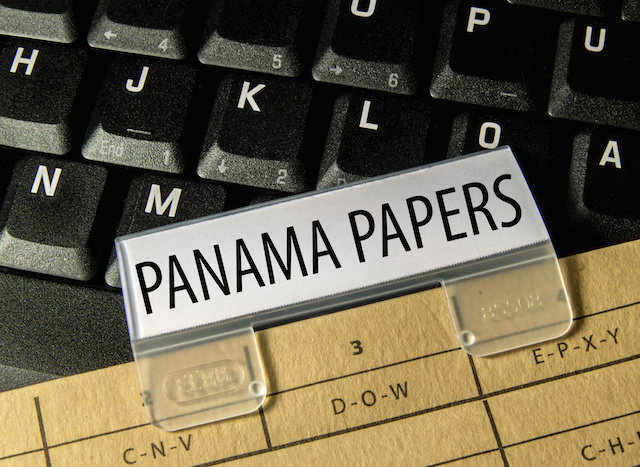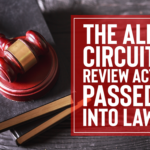In April 2016, an anonymous source leaked what is by some measures the most significant amount of financial data in history to a German newspaper and society of investigative journalists. The documents, which have come to be known as “The Panama Papers,” contain 11.5 million records from Mossack Fonseca, a Panamanian law firm and corporate services provider, relating to the business dealings of its many clients from around the world. These documents are significant in that they show Mossack Fonseca working on behalf of very wealthy private clients from many countries to store wealth in entities designed to keep money undisclosed and out of the jurisdiction of taxing authorities.
For many observers, the revelations contained within the Panama Papers are emblematic of the manner in which the very wealthy are able to take advantage of complex financial tools and maneuvering to avoid the tax implications to which the general population is subject. Because politicians, heads of state, and wealthy individuals from around the world – including those with close ties to the regime of Syrian president Bashar El-Assad – are implicated, regulators and governmental authorities have looked into the papers for signs of illegalities, such as money laundering and evasion of banking laws. But, closer to home, one question related to the Panama Papers is: Could this leak be the basis of whistleblowing awards in the US?
The Difference Between a Leak and a Whistleblower
Of course, the term “whistleblower” can have a variety of meanings and can generally refer to anyone who provides confidential information about potential wrongdoing, but under US federal law, “whistleblower” refers to a person who goes through specific legal procedures to reveal information of illegal activities which leads to civil and even criminal penalties for the wrongdoer, and potentially a large reward for the whistleblower. Generally this information is legally in the hands of the whistleblower when it is turned over.
A leak, on the other hand, has, in the age of WikiLeaks and Edward Snowden, come to represent information which has been illegally taken from an organization through outside hackers or an insider and which is then provided to the public via the news media. The information may or may not relate to illegal activity.
In fact, much of what was revealed in the Panama Papers are business dealings which are in fact legal. While there is much opposition to the use of offshore tax-havens by the wealthy, many of those practices are in accord with US tax law. As the New York Times pointed out earlier this month:
“Experts in federal tax law, money laundering and offshore accounts — asked by The Times to examine certain documents or at least to identify legal issues raised by the money management techniques that Mossack Fonseca advocated — said the law firm at times had come up with creative, but apparently legal, strategies to save clients money.”
Bringing a Whistleblower Claim in the US
That’s not to say that all of what is revealed in the Panama Papers is legal activity, and experts have suggested that the firm’s aggressive tactics to evade US banking and tax laws could invite the scrutiny of prosecutors. But even if that were to be the case, it is unlikely that anyone would be eligible for a whistleblowing award for a prosecution brought on the basis of information in the Panama Papers. The reason for that is that a whistleblower must provide the federal government with information that it did not already have and which helped it enforce a case, and because the Panama Papers were leaked to the general public, the government would not be relying upon a whistleblower for such information.
If you are in a position where you have information relating to illegal activity by an individual or organization relating to tax fraud, healthcare fraud, securities or commodities fraud, or procurement fraud, you may be able to recover a large whistleblower award from the federal government, but you must go about providing the information in the proper way. At Kreindler & Associates, we assist potential whistleblowers in coming forward with evidence of all kinds of fraud, from improper healthcare billing to tax improprieties. If you have suspicions of wrongdoing that you are contemplating disclosing, contact us today for a consultation on your rights and options as a whistleblower.




